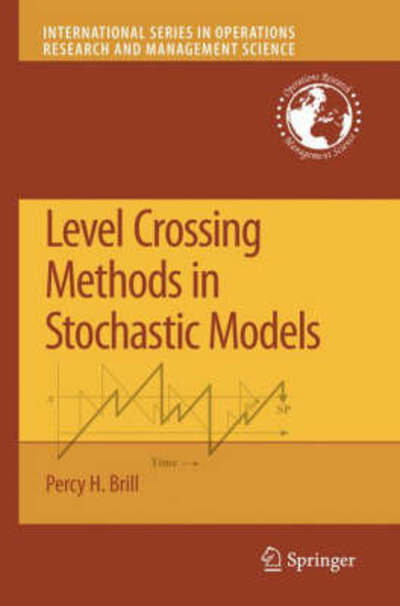
From 1972 to 1974, I was working on a PhD thesis entitled Multiple Server Queues with Service Time Depending on Waiting Time.The method of analysis was the embedded Markov chain technique, described in the papers [82] and [77]. My analysis involved lengthy, tedious deri- tions of systems of integral equations for the probability density function (pdf) of the waiting time. After pondering for many months whether there might be a faster, easier way to derive the integral equations, I ?nally discovered the basic theorems for such a method in August, 1974. The theorems establish a connection between sample-path level-crossing rates of the virtual wait process and the pdf of the waiting time. This connection was not found anywhere else in the literature at the time. I immediately developed a comprehensive new methodology for deriving the integral equations based on these theorems, and called it system point theory. (Subsequently it was called system point method,or system point level crossing method: SPLC or simply LC.) I rewrote the entire PhD thesis from November 1974 to March 1975, using LC to reach solutions. The new thesis was called System Point Theory in Exponential Queues. On June 12, 1975 I presented an invited talk on the new methodology at the Fifth Conference on Stochastic Processes and their Applications at the University of Maryland. Many queueing theorists were present.
| ISBN: | 9780387094205 |
| Publication date: | 19th August 2008 |
| Author: | Percy H Brill |
| Publisher: | Springer an imprint of Springer US |
| Format: | Hardback |
| Pagination: | 477 pages |
| Series: | International Series in Operations Research & Management Science |
| Genres: |
Mathematical modelling Management of specific areas Operational research Probability and statistics Production and industrial engineering Systems analysis and design |